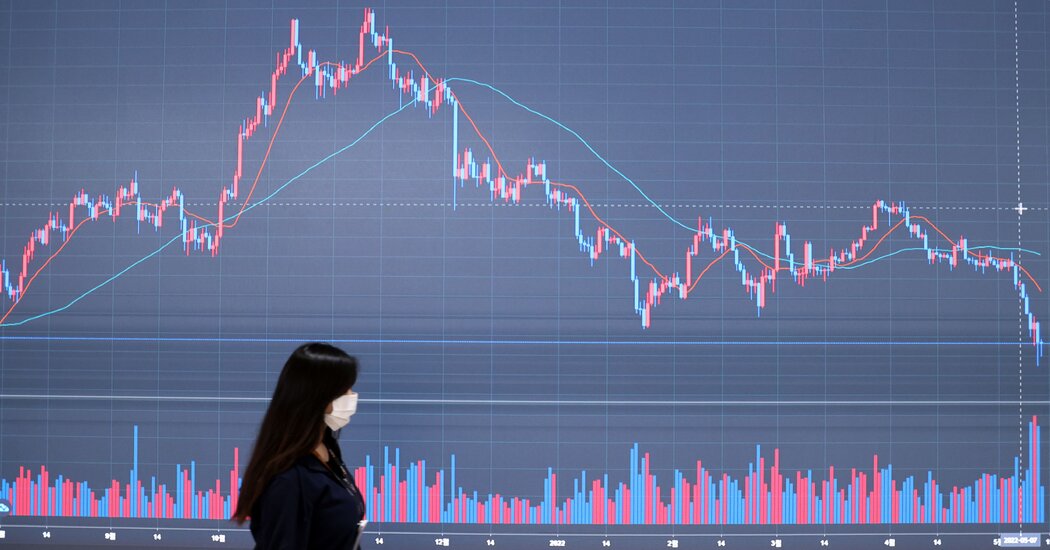
“There’s this idea that the goal of science is consensus,” Professor Carrion said. “The model they brought to it was that we didn’t need consensus.” She noted that the women she surveyed often used singular rather than plural pronouns. “It was ‘she needs to do her own research,” Professor Carrion said, rather than we need to do ours. Unlike some critical health movements in the past, this was an individualist endeavor.
Anti-vaccine rhetoric is DYOR in a pure anti-expert form. Medicine is a highly credentialed field addressing life-or-death matters which, as practiced, expects a great deal of trust from patients. For a medical expert to warn of the perils of “doing your own research” on vaccines, for example, is to either preach to the converted or to demand trust where it has already been lost.
One of the enticing aspects of cryptocurrencies, which pose an alternative to traditional financial institutions, is that expertise is available to anyone who wants to claim it. There are people who’ve gotten rich, people who know a lot about blockchains and people who believe in the liberating power of digital currencies. There is some recent institutional interest. But nobody’s been around very long, which makes the idea of “researching” your way to prosperity feel more credible.
Earlier this year, in a New York Times guest essay about DYOR and medicine, Nathan Ballantyne and David Dunning cited research suggesting that people new to subject areas are, like some experts, “vulnerable to hubris.” They caution that newcomers can “quickly become unreasonably confident after just a small amount of exposure to the subject,” a phenomenon known as the “beginner’s bubble.”
Expand Your Cryptocurrency Vocabulary
Cryptocurrency trading, in contrast to medicine, might represent DYOR in pure no-expert form. Virtually everyone is operating in a beginners’ bubble, whether they’re worried about it or not, betting with and against one another, in hopes of making money.
Just DYOR
In crypto, the uses of DYOR are various and contradictory, earnest and ironic sometimes within the same discussion. Breathless investment pitches for new coins are punctuated with “NFA/DYOR” (not financial advice), or admonitions not to invest more than you can afford to lose, which many people are obviously ignoring; stories about getting rich are prefaced with DYOR; requests for advice about which coins to hold are answered with DYOR. It is the siren song of crypto investing.

